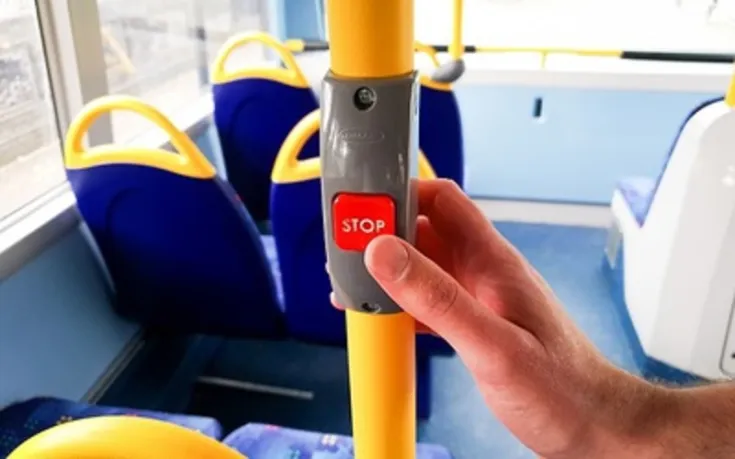'You're great with Turkish' said my (English monolingual) travel partner when we were in Türkiye recently 🇹🇷
The truth is that I can't string a decent sentence in Turkish together!
So how come I was then able to communicate in Turkish, albeit poorly just using seemingly random words such as 'tamam', 'rahat', 'çanta', 'perde', 'oda', 'pencere', 'sokak'...?
Because there are a huge number of Turkish words that are (or used to be) in the languages of the Balkans that I know.
🧿 That there are plenty of "Turcizmi" ("Turkishisms") in Balkan languages should come as no surprise given that most of the region was under Ottoman Turkish rule for up to 5 centuries and only fully ending in the early 20th century.
🧿 Some southeast European languages have more Turkishisms than others due to greater cultural and historical ties to Türkiye (such as Bosnian, and Albanian as spoken in Kosovo) or simply because the Ottomans were there the longest and most recently (Macedonian, I'm looking at you!).
🧿 It's also a generational and geographical marker, where older/rural people in the Balkans tend to use more Turkishisms than younger/urban people.
🧿 Many Turkishisms have over the past century been replaced with local equivalents, which can make reading 19th-century literature or deciphering the lyrics of old folk songs from the region difficult for younger people (as shown with the recent modernisation of Bulgarian writer Ivan Vazov's 1893 classic novel Under the Yoke).
🧿 Many Turkishisms actually originate from Arabic or Persian, languages whose traces can be found throughout the Islamic world and beyond thanks to the spread of Islam and trade routes such as the Silk Road. It then makes sense for Macedonians, for example, when they see in Malay that 'registration' is 'daftar', 'askar' in Swahili is 'soldier', 'pasar' in Indonesian is 'market', 'xabar' in Uzbek is 'news' or 'akyl' in Tatar is 'intelligence'.
🧿 The borrowing of words was not just one-way. There are a small number of words of Slavic origin in modern Turkish, the most common of which are şapka (hat), 'vişne' (sour cherry), 'kral/kraliçe' (king/queen) and 'kumpir' (baked potato), which itself is from the Macedonian 'kompir', which came from the Croatian 'krompir', which came from the Austrian German 'grundbirne'.
🧿 There are even compound borrowings, particularly in Macedonian, where the word for 'beverage' - 'pijalak' (often incorrectly rendered as 'pijalok') is a combination of the Slavic root 'pija' ('to drink') and the Turkish noun suffix '-lak', or the Macedonian dialectal 'jokstor' ('crime'), a version of the standard 'zlostor', where the Slavic 'zlo' (evil) is replaced by the pan-Turkic negation 'yok', or when the Turkish suffix "-çi/ci", which is like in English adding "-er" to a noun or verb to denote a person involved in that activity, is also used in Balkan languages, so you have "ταξιτζής" ("taxitzis") in Greek, or "таксиджия" ("taksidjia") in Bulgarian for "taxi driver".
The photos below of Turkish signs in Bursa all contain words that can be readily identifiable to people who know a language from southeast Europe. If you don't know Turkish, are you still able to decipher what they say?





Finally, here's a sign in Kyrgyzstan saying "24 hours" in Kyrgyz and Russian. Interestingly, this sign could also work in Macedonia, which is written in the Cyrillic alphabet and has two words for "hour" – "saat" (as in Kyrgyz) and "chasa" (as in Russian)

It's one of the untold benefits of learning language – you never know how vocabulary in one language can be the same or similar on the other side of the world!
























































.%20A%20day%20of%20campaigning%20%E2%99%80%20%E2%80%A6%20or%20a%20day%20to%20buy%20flowers%20%F0%9F%92%90.jpg)
















































